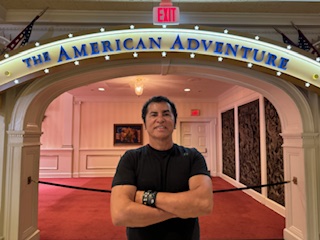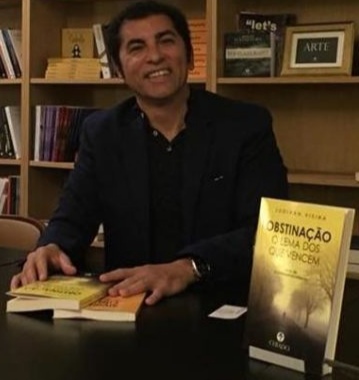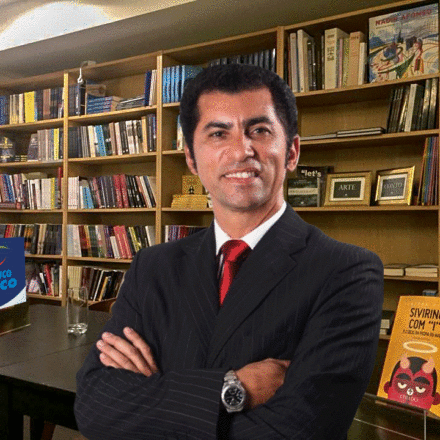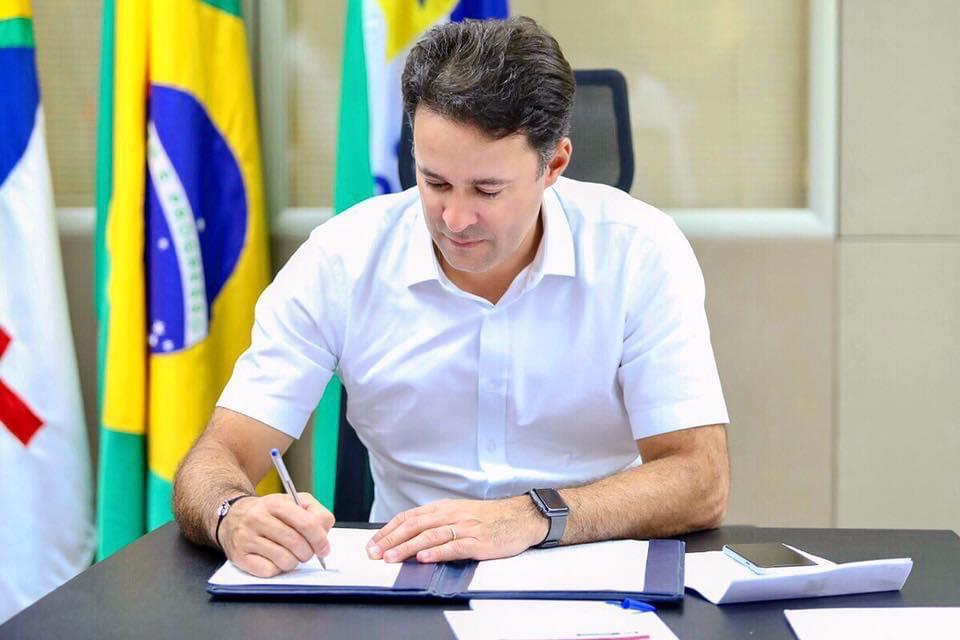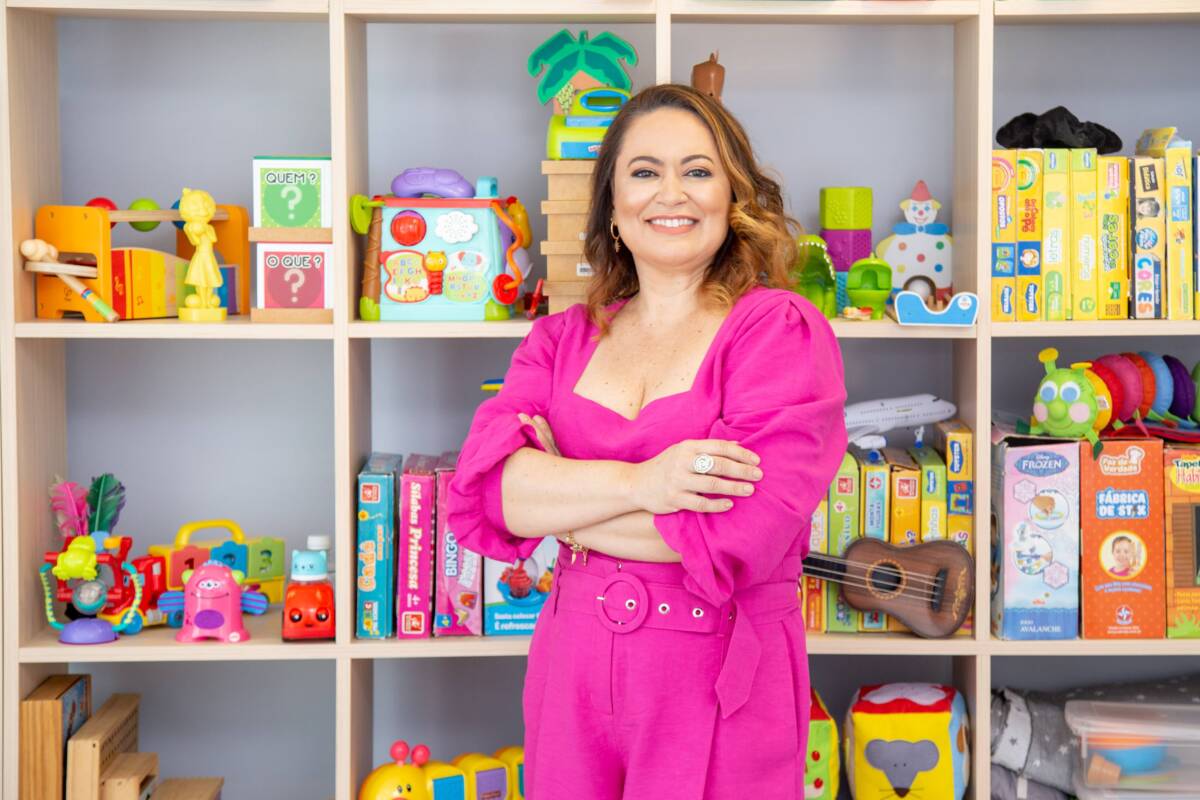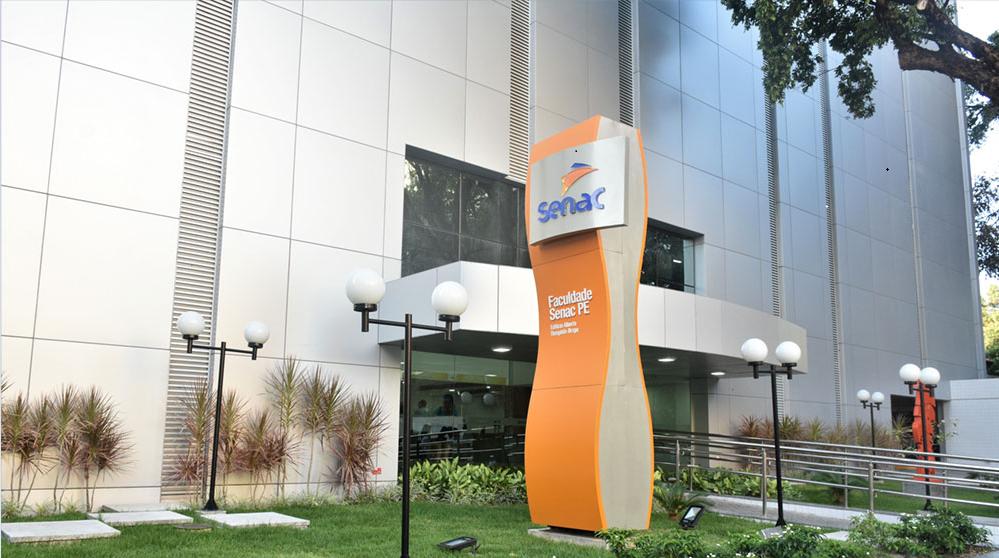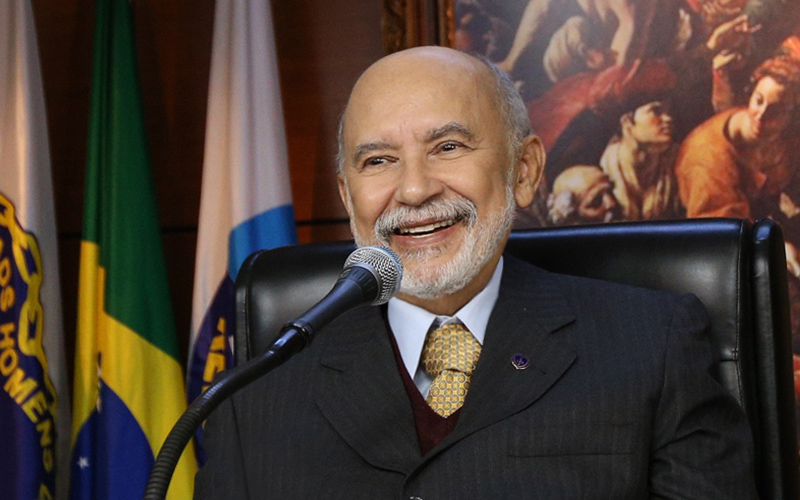From the city of Planaltina-DF / Brazil.
Life is giving professionals in education and teaching a run in the hair, in this new reality that requires urgent adaptation to remote platforms, all to serve families, students, and the country.
Today I begin the presentation of some protagonists of the ONBOARD DIARY series.
Thank you, Gevani Silva, Shophia Bittencourt, Andreia Bombom, Katia Silva, Kennya Fernandes, for making some of your valuable time and work available, and willingly cooperating with this proposal.
Education and teaching transform people and countries, which allow themselves to educate and be taught!
With you, the teacher GEVANI SILVA, in her kind interview:
JV: How do you describe yourself?
GS: I am Gevani Silva, a public school teacher for 25 years and I love my profession. Currently I work at the JK Primary School Center, in Planaltina – DF / Brazil. I have training in pedagogy and specialization in psychopedagogy and school management. Therefore, I am an agent directly involved in the education and teaching process.
JV: Describe your “new normal”, or new reality as a teacher, based on the “RESET” that the pandemic gave in the educational and teaching process, forcing changes from face-to-face classes to virtual classes through remote platforms.
GS: My new reality, which is not being normal, is challenging and very difficult, because it was an abrupt change, forcing us teachers to mediate teaching through distance classes. We are reinventing ourselves.
JV: What age groups have you taught for? How do you assess this experience in relation to the formation of the character of the students?
GS: I have already taught students from 6 to 60 years old (Early Childhood Education and Youth and Adult Education).
The formation of character is present as a cross-cutting theme and permeates the entire school curriculum, so in the preparation of activities I always try to relate to topics capable of adding values to students, working on the contents in a contextualized way, and for that, I have to list everyday situations so that they can reflect and resolve situations in the community in which they live.
JV: How do you perceive the reality of students and families, in relation to the “RESET” that the pandemic gave in the educational and teaching process?
GS: The reality of students and families is also very difficult. Every day we face the most diverse situations, from the lack of technological resources, such as cell phones, computers, such as access to the Internet. Many students engage in activities at night, after their parents come home from work, with their cell phones.
JV: Among your students, did you notice if there were those who stopped studying because the family does not have the means to provide the Internet or any other electronic means of monitoring the virtual classes?
GS: I have students who do not follow virtual classes on the platform because they do not have the means to do so. However, they did not stop studying, because together with the school we made all possible efforts so that these students could continue studying, through printed activities and didactic and literary books.
JV: When you analyze the students, what idea do you have about the difference and the importance, between those who are more dedicated and those who attend primary and secondary school, at stake, in relation to the future in the labor market?
GS: As my students are 7, 8-year-old children, the family has a fundamental role in promoting the routine and the habit of study so that the child realizes the importance it has for their future.
I also always try to constantly encourage children, emphasizing that they can, through the knowledge they acquire, succeed in the labor market, solve situations and problems in their daily life and thus improve their quality of life, and also help the society, through its future work.
JV: If you could write yourself a message and save it in a time capsule to open 10 years from now, what would be the three wishes to improve the education and teaching process that you would like to see fulfilled in 2030?
GS: A greater appreciation for education and the teacher;
Practices and methodologies that improve the efficiency of learning and the development of social-emotional skills of the student; and
The better quality school environment, combined with teaching platforms with digital access for all students.
JV: How did it feel to be invited to participate in the ONBOARD DIARY series?
GS: I was very happy to have the opportunity to represent the class of teachers, of which I am proud to be a part.
JV: How was your observation process to make your BOARD DIARY?
GS: The observation came from my daily actions and events, from reflecting on these events and the impact on my pedagogical practice and on student learning. The act of teaching and learning is a process of continuous reflection on the part of the teacher.
JV: What results would you like to achieve with the reports in your BOARD LOGS?
GS: I would like to give greater value to the work of the teacher, who reinvented himself, seeking new ways of teaching, amid so many difficulties, fears, and uncertainties.
Remote classes require a greater workload, due to the lack of skill with technological resources and virtual tools, making it difficult to manage the time dedicated to work and family, in our daily routine.
JV: What message do you want to send to students, mainly from public schools, who are forced to adapt to this new reality imposed by the Coronavirus pandemic?
GS: Let them be the protagonists of your learning, seek, study, learn, teach, have the autonomy, and do not give up on your dreams, even in the face of the challenges and difficulties that arise along the way.
JV: How about inviting people to follow the ONBOARD DIARY series?
GS: The Covid-19 scenario in Brazil and in the world, brought great impacts on education, which will be marked in history, anticipating a time of reflection and significant changes in the teaching and learning process.
We do not know for sure what the future will be like, but today we are building and being part of this change. We are learning, in practice, to rethink new ways of doing education. I invite you to follow my work routine, my experiences, feelings, frustrations, achievements, reflections, and challenges experienced in the pandemic for a while.





